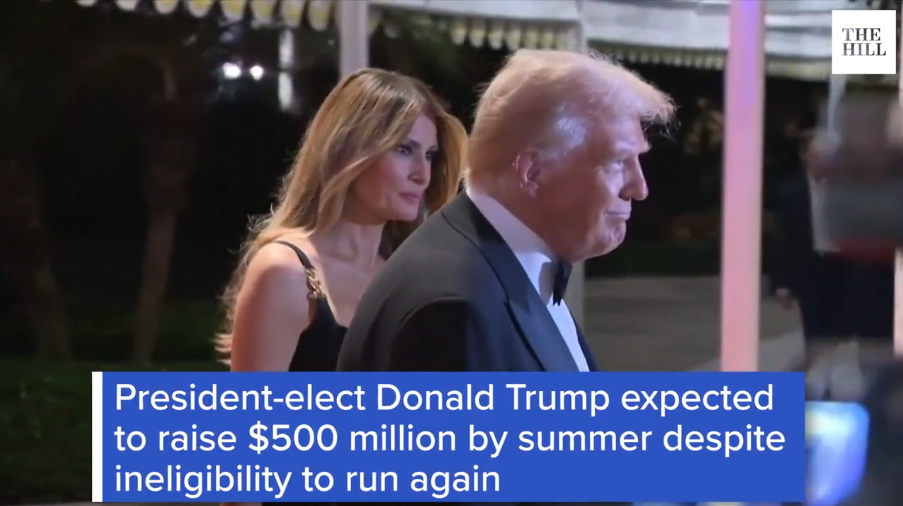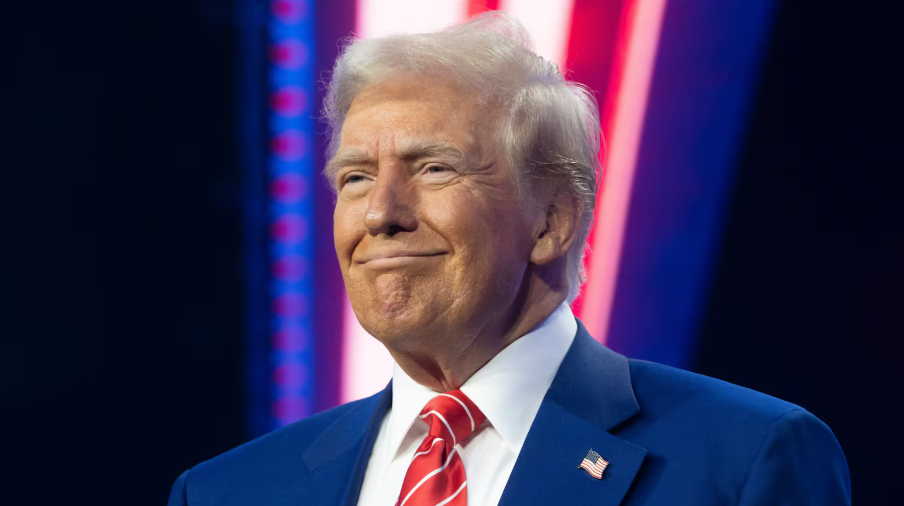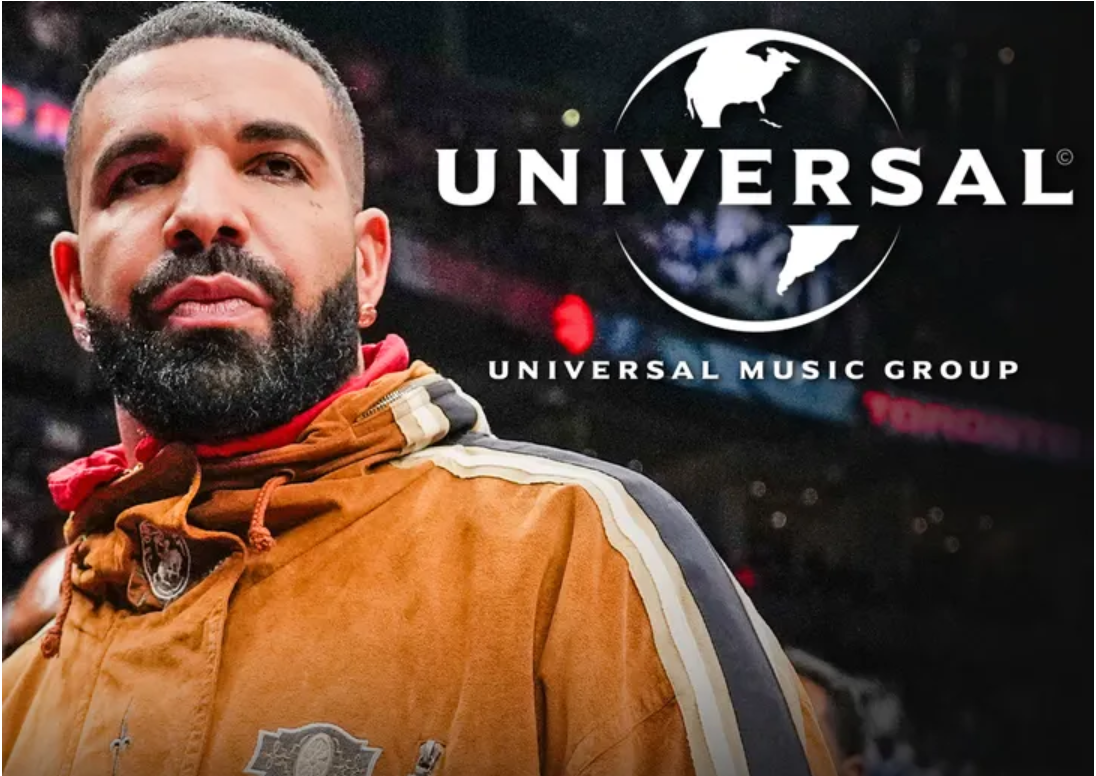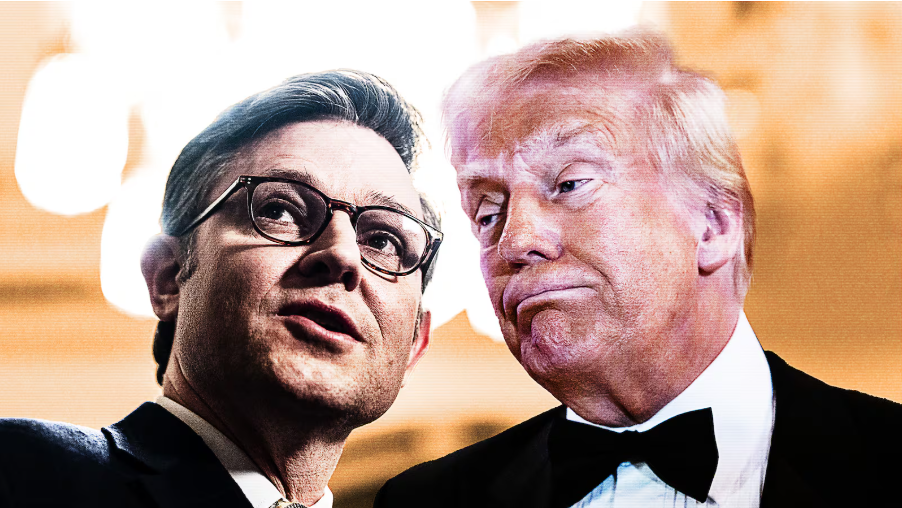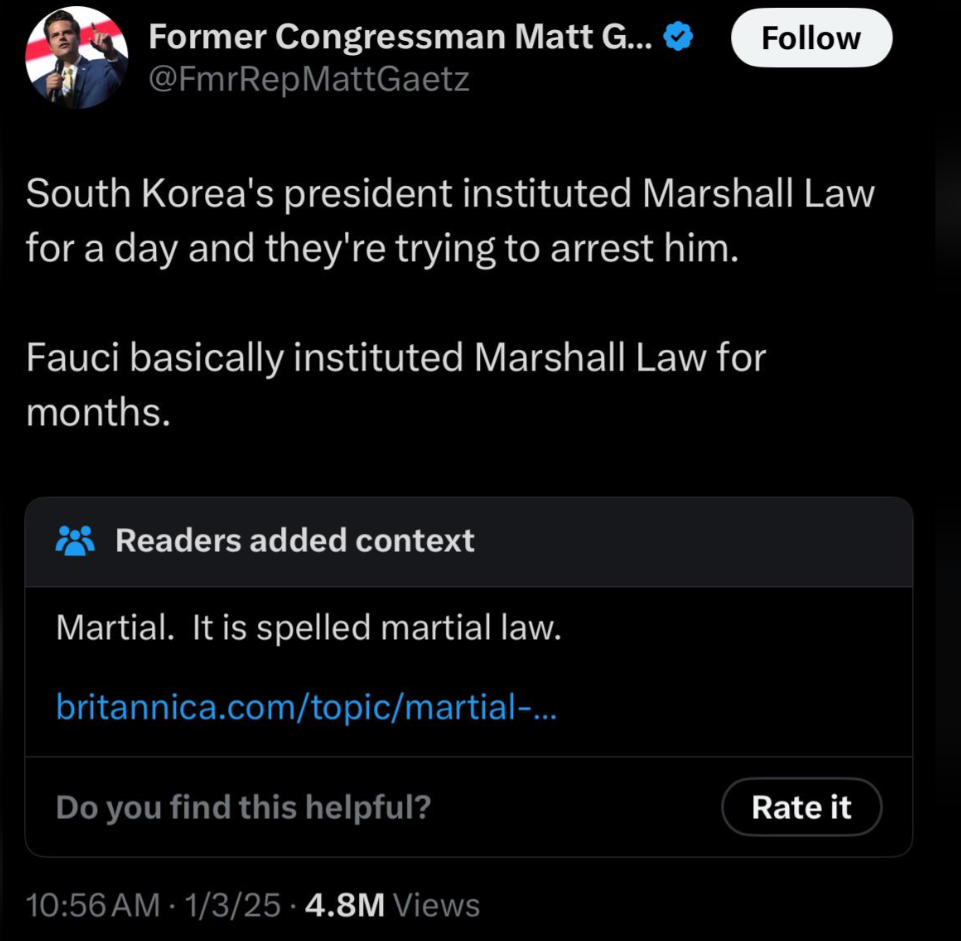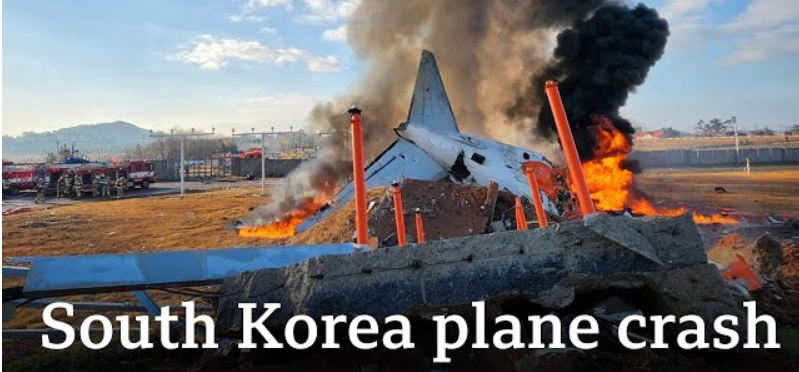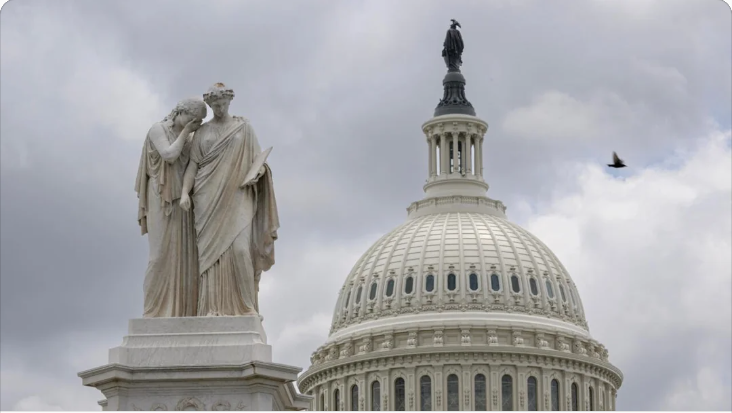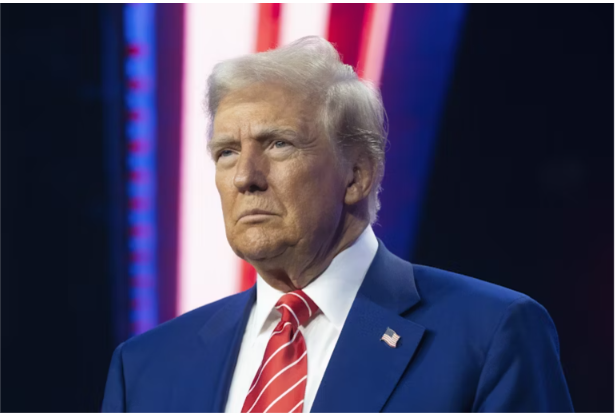The U.S. Supreme Court is currently deliberating a pivotal case that could redefine the intersection of online free speech, privacy, and child protection in the digital age. At the heart of the debate is Texas House Bill 1181, which mandates age verification for users accessing websites containing a substantial amount of pornographic content. This law, and similar measures enacted in over 20 states, seeks to shield minors from explicit material but has sparked controversy over its implications for constitutional rights.

The Origins of the Debate
The push for stricter online regulations emerged as states began framing the easy availability of pornography as a public health crisis, particularly for minors. Louisiana was the first to enact such legislation in 2022, setting the stage for other states to follow. Texas’ law, which requires websites with significant explicit content to verify that users are at least 18 years old, also mandates warnings about the potential health risks of consuming such material. Violators face substantial fines. These laws reflect growing concerns over the psychological and social effects of pornography on children and adolescents, including anxiety, depression, and skewed perceptions of relationships.
Free Speech and Privacy Concerns
Opponents of these laws, including the Free Speech Coalition and the ACLU, argue that the measures pose a severe threat to adults’ constitutional rights. They contend that age-verification systems create significant privacy risks by potentially exposing users to data breaches. Moreover, critics warn that these laws could open the door to broader censorship, impacting educational content or art that addresses sexual themes. They emphasize that while protecting children is a legitimate state interest, the laws could unnecessarily burden adults’ access to legal and constitutionally protected materials.
Historical and Legal Context
Supporters of the legislation argue that such measures are not without precedent. They cite a long history of state-level efforts to regulate obscene materials, particularly those accessible to minors. The Southern Baptist Ethics & Religious Liberty Commission, for instance, has filed briefs in favor of these laws, asserting that they align with historical practices and moral imperatives to safeguard children. They argue that these laws strike a reasonable balance, targeting conduct rather than outright banning speech.

Broader Implications
The Supreme Court’s ruling could have far-reaching consequences for internet regulation. A decision in favor of the laws may embolden states to impose further restrictions on online content, potentially extending beyond pornography to other controversial areas. Conversely, striking down the laws could reaffirm robust protections for online speech and privacy, limiting states’ ability to regulate digital spaces. This case also highlights the growing tension between advancing technology, which enables precise user regulation, and the fundamental freedoms enshrined in the Constitution.
The Stakes
While no one disputes the importance of protecting minors, this case underscores the complexities of crafting laws that balance child safety with the rights of adults in an increasingly digital world. The justices’ decision will likely serve as a bellwether for future battles over internet governance, privacy, and the scope of free expression.
As the nation awaits the Court’s verdict, the debate remains emblematic of broader societal questions about how to navigate moral concerns, technological advancements, and constitutional principles in the 21st century.
